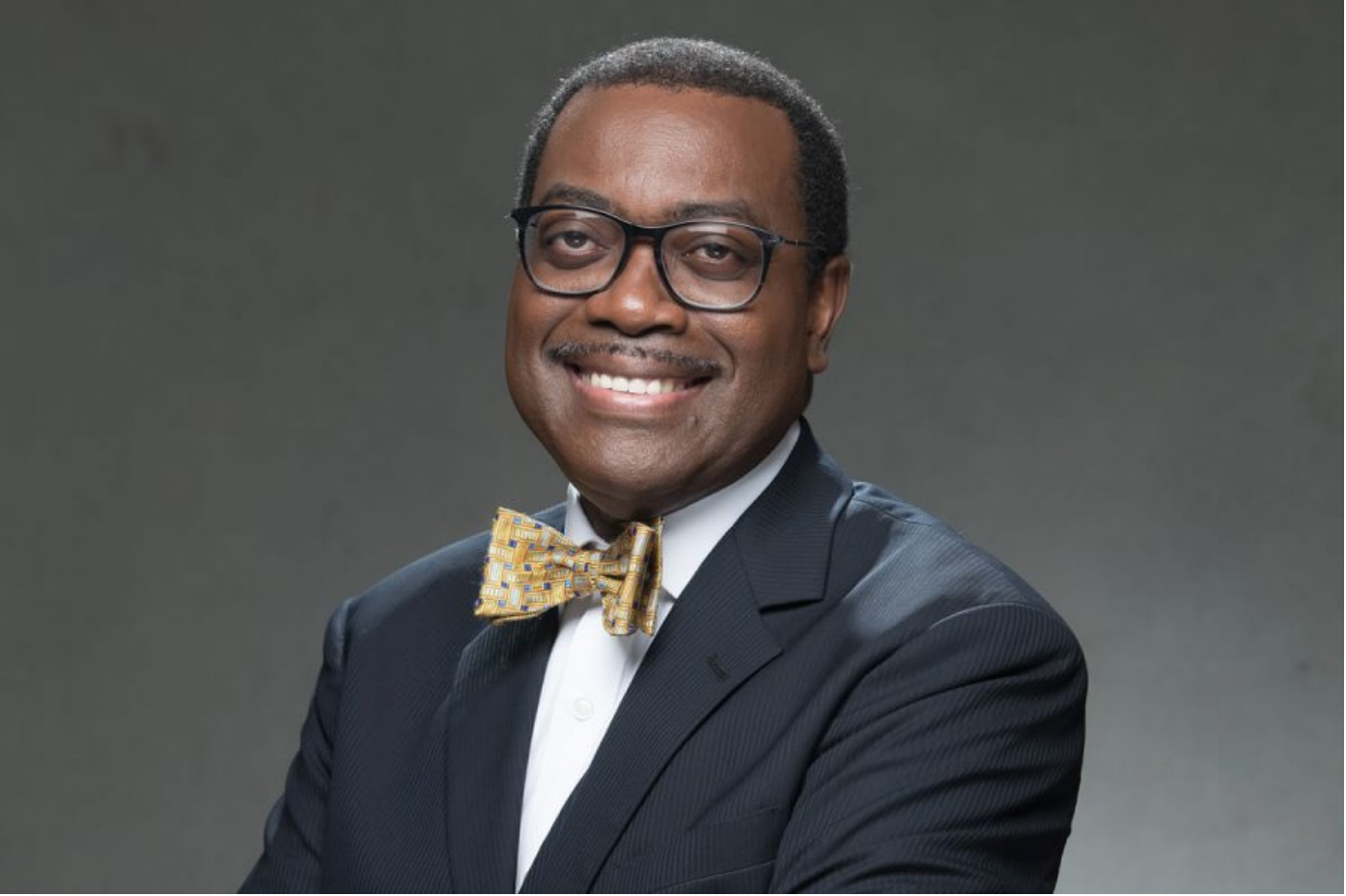
Achebe as Google Doodle on November 16th, 2017
Google Celebrates Achebe, Africa’s Literary Giant
Today would have been the 87th birth anniversary of foremost African writer and father of modern African literature Chinua Achebe. But he passed away at the age of 82 in March of 2013.
Digital giant, Google today dedicated its front-pane doodle to celebrate him posthumously.
Google Doodle is usually dedicated to the most topical issue in the world at a particular time.
Born Albert Chinụalụmọgụ Achebe on 16 November 1930, his career spanned through journalism, creative writing and teaching.
His first novel Things Fall Apart (1958), often considered his best, is the most widely read book in modern African literature.
Back in Nigeria, Achebe set to work revising and editing his novel (now titled Things Fall Apart, after a line in the poem “The Second Coming” by W. B. Yeats). He cut away the second and third sections of the book, leaving only the story of a yam farmer named Okonkwo who lives during the colonization of Nigeria.
He added sections, improved various chapters, and restructured the prose. By 1957, he had sculpted it to his liking, and took advantage of an advertisement offering a typing service. He sent his only copy of his handwritten manuscript (along with the ₤22 fee) to the London company. After he waited several months without receiving any communication from the typing service, Achebe began to worry. His boss at the NBS, Angela Beattie, was going to London for her annual leave; he asked her to visit the company. She did, and angrily demanded to know why the manuscript was lying ignored in the corner of the office.
The company quickly sent a typed copy to Achebe. Beattie’s intervention was crucial for his ability to continue as a writer. Had the novel been lost, he later said, “I would have been so discouraged that I would probably have given up altogether”, Wikipedia wrote about Achebe.
The novel depicts the complex customs of the Igbo people, one of multiple ethnic groups in Nigeria with a distinct culture and language.
A well respected African writer that lent a voice to a generation of Africans who refused to be defined solely through the lenses of European thoughts.




Recent Comments